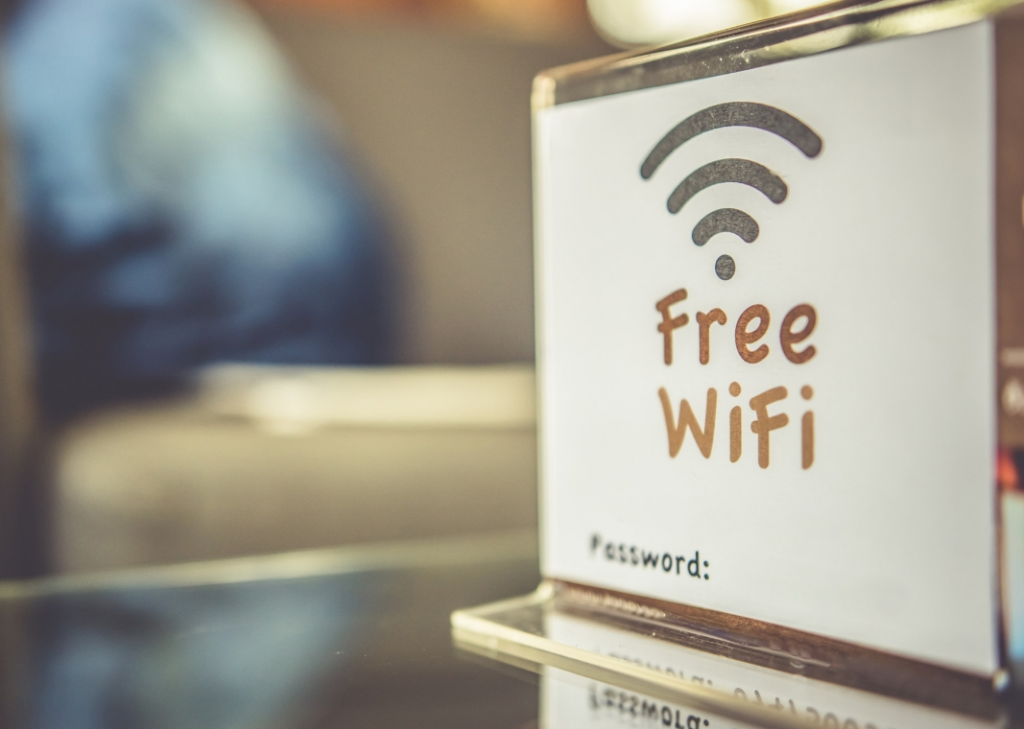When you connect to a hotel’s Wi-Fi network, it makes many wonder – can the hotel actually view and track your internet browsing activity? Do they have access to what sites you visit and what you search for while using their connection?
Are You Looking For Best 18+ Hotel To Stay?
Check out Our Guide on the Best Hotels With 18+ check-ins in the United States.

How Hotel Wi-Fi Networks Work
Shared Network
Most hotel Wi-Fi networks are shared networks versus private home ones. This means many guests use the same connection simultaneously. Data travels from your devices through Wi-Fi routers to reach the hotel’s secured internet servers.
WPA2 Encryption
Additionally, the network itself is typically password-protected by advanced WPA2 encryption. This scrambles all activity into coded data that devices decrypt when granted access. This prevents outsiders from tapping the network to spy on communications.
Does Encryption Stop Hotels Seeing Browsing Activity?
In short – no. WPA2 secures wireless transmissions between your device and the Wi-Fi routers ONLY.
However, hotels fully control the servers and systems that route traffic to/from the internet next. They can utilize special software to decrypt, monitor, block, and even modify data passing through their network equipment.
So while no third parties can access what you do on hotel Wi-Fi, the hotels themselves have the capability to intercept your web activity if they desire.

Do Hotels Actually Monitor Browsing Activity?
Hotels Have The Ability But…
Major chains acknowledge they possess the technology to examine all network traffic, similar to how employers monitor professional corporate networks.
However, most claim they avoid actively tracking or logging routine guest browsing data. There are few advantages to collect or care about your internet history.
Potential Tracking Scenarios
Hotels openly state they reserve the right to intercept data for security reasons, like detecting malware or illegal usage. Connecting multiple devices or very high bandwidth usage might trigger monitoring to prevent network overload too.
Some also collect basic traffic analytics to study usage patterns and improve Wi-Fi performance. However, they don’t record specifics on sites visited in most cases.
When Do Hotels Monitor & Track Browsing Activity?
While hotels generally avoid playing “big brother” without cause, there are some scenarios where they monitor and log web activity more closely.
- Illegal Downloads & Piracy
Hotel Wi-Fi terms of service strictly prohibit internet piracy for copyright violations. Those caught downloading illegal content through torrents, streaming sites or peer-to-peer sharing may get banned and fined. Some even report guests to legal authorities.
- Bullying, Harassment & Defamation
Cyberbullying, harassment, revenge porn and defamation are illegal. Those who engage may find their browser and Wi-Fi history open to examination by hotel security teams.
- Network Security Protocols
If the hotel IT team detects malware, spyware, suspicious encryption or potential hacking attempts, they track everything to isolate threats.
- Child Protection Regulations
Any illegal internet use around pornography or minors may trigger monitoring. Some brands also utilize filters and trackers to block inappropriate content for children.
- Excessive Bandwidth Usage
If you use an extremely high amount of bandwidth for video streaming, large downloads or VPN extensions, hotels can inspect activity and restrict access.
- Compliance Requests
Local authorities can request browsing records on suspects from warrants and subpoenas. This may occur during fraud, missing persons or criminal investigations related to the hotel stay.

Protecting Your Browsing Privacy At Hotels
If concerned about hotel Wi-Fi tracking for any reason, there are options to keep your activity more secure and private:
- Use a reputable VPN (Virtual Private Network) service to encrypt all traffic. This prevents the hotel network from monitoring or recording your browsing data as it passes through their systems.
- Access sensitive accounts only through cell data, not hotel Wi-Fi connections.
- Avoid bandwidth-heavy uses like streaming vide, torrenting or accessing work servers. Light browsing is less suspicious.
- Never disable security settings that warn about risky Wi-Fi networks. Also avoid auto-connecting devices to available networks.
- Clear browser history and cookies once done using hotel networks as added protection.
Final Thoughts
Ultimately, hotels want to provide reliable Wi-Fi without intruding on guest privacy deliberately. While they reserve the right to intercept data at their discretion, routine browsing rarely gets monitored closely unless raising flags.
Taking precautions like using a VPN still offers added privacy for those wanting total peace of mind. But in general, legal web use over hotel connections avoids undue tracking or bans. Just be aware connectivity comes at the cost of full network control.
